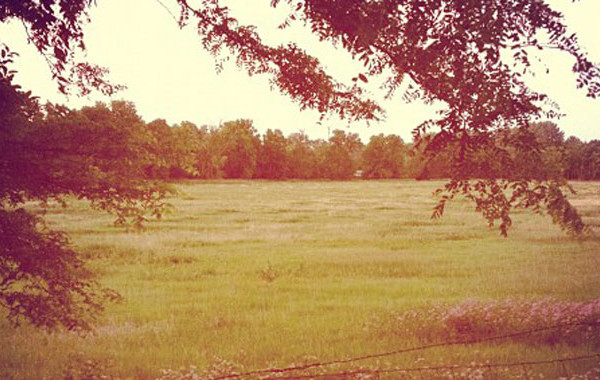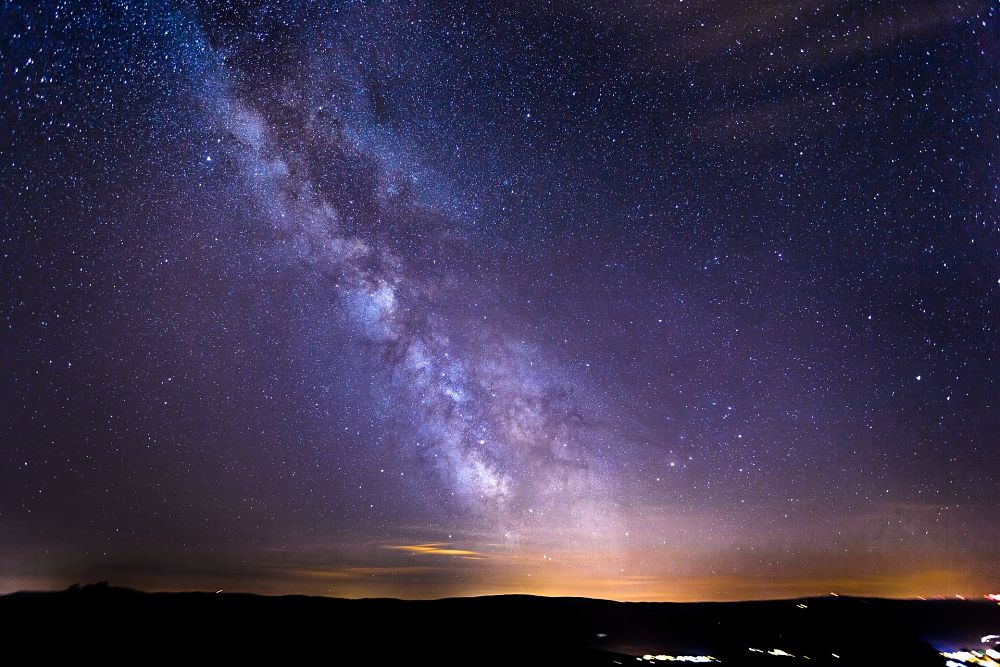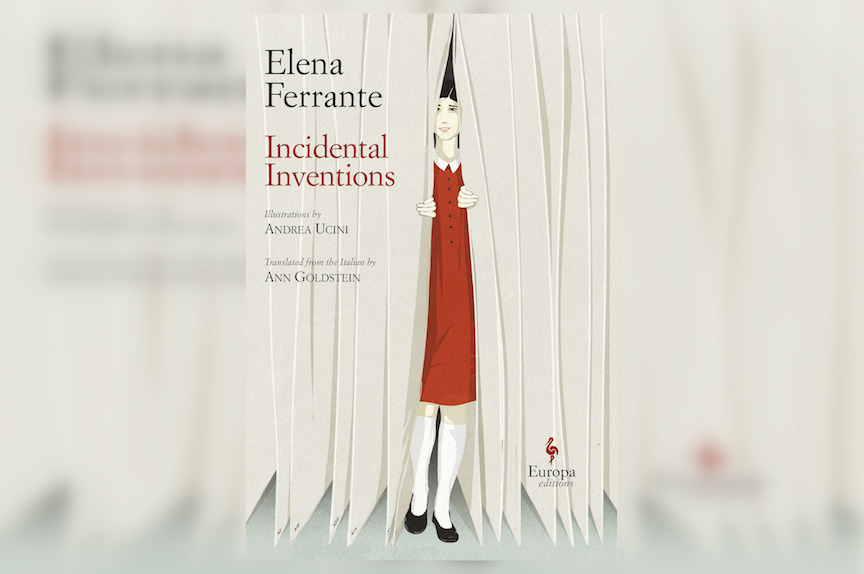The pick-up truck rumbled along the dirt road with its windows down – Seth at the wheel, the neighbor boy as the passenger, the neighbor boy’s sister, my sister Brooke and me leaning against the sides of the truck bed, Seth’s sister Kristie standing and bracing herself against the body – and the adults trailed behind us through the field, the setting sun glinting off their beer bottles when they lifted them to take a swig.
“Faster!” we heard the neighbor boy yell to Seth, and Kristie, who was the oldest girl, casually instructed us to grip the sides of the truck harder.
“Don’t get going too quick now!” my father yelled from a distance with worry in his voice. Seth, growing more rebellious with a new BB gun and a learner permit, pushed down on the gas pedal. “Make sure you keep ‘er slow!”
As my father yelled this, the truck lunged forward at rapid speed and hit a large pothole, sending me flying over the back guardrail.
From the rut where I had landed on my side with my arms sprawled out, I opened my eyes and could see the group of parents jogging towards the halted truck, yelling out both questions about my current state and harsh words to Seth.
“It’s not that big of a – ” Seth began from his spot in the driver’s seat, only to beinterrupted by my father, “You could have really hurt somebody just there.”
I got to my feet, uninjured. Embarrassment burned in my face, but I smiled and brushed off my knees. Somebody clapped for me. We stood around for a while looking for the right thing to do until somebody else pointed up towards the sky and we watched geese rise up from the pond and form themselves into a V. We all figured they were headed south, out of Iowa.
Then the rest of the girls emptied out of the bed of the truck, annoyed with the boys in front, and joined the adults for the walk back. By the time we’d hiked through the fields, through the woods, past the abandoned trailer, past the stream, past the red barn, past the shed, and arrived at the farmhouse, I’d forgotten about my short flight back down to earth.
*
That night, the party spilled out of the kitchen and front room and into the yard, mismatched lawn chairs and tree stumps circling up around the bonfire as people grew tired of standing, the amount of beer in the keg quickly dwindling in volume.
After everyone was full off of meat, vegetables, chips and dip, the guitars came out and we sang along and laughed at the impromptu performance of an uncle with a ridiculous sense of humor. The performance: pulling the top of his pants up to his chest and executing his version of Riverdance.
The other kids and I enjoyed watching the spectacle of our parents, or the ease with which we could escape to the barn or woods for adventures without being questioned, and we stoked the bonfire with whatever random thing we could find littered in the grass when the stockpile of wood was depleted and no one seemed interested or sober enough to chop anymore.
Then the men began to reach into their pockets for flasks of whiskey, or light up joints behind the shed, and the mood of the party became less rambunctious. Everyone stumbled inside to use the bathroom, or just went behind a tree. When the fire finally burned down and it was too dark to keep from tripping over empty plates and bottles, our mothers rounded everyone up towards the cars. We drowsily piled in, barely mustering the energy to buckle our seatbelts. The kids all mumbled small protests at having to leave, not because we didn’t want to go home, but because we wanted the whole evening to start all over again, whether it meant being thrown out of a pick-up truck or not, and we sighed.
*
Over a decade later and the farmhouse parties that I remember are over. The main reason: everyone and everything changed. The kids grew up and started careers and families of their own, or moved out of the Midwest to pursue some other dream. The farmhouse was updated with wheelchair ramps and handrails for one of the adults (I can see her so vividly: she’s walking through the field with her hands in her jean pockets, grinning, happy), and soon after it was updated with gifts and food that everyone sends after funerals.
Past the fields, through the woods, near the gravel road, there’s a large rectangle of dark earth and ash outlined with tall grass where the red barn burnt down in an electrical fire. The shed was lost too. I wasn’t in Iowa anymore but I imagined the scene for days, and not as something dreadful, but something celebratory, like one last hurrah: the burning wood smelled wonderful, just the way a bonfire does – that earthy smoky smell that awakens some feral, primitive something inside that makes you yell sing dance in circles or poke the blaze
with a long object, making it pop, enraging it, which for one small moment makes you feel like you’re in control, until hours later the fire dies down and you die down with it, reminding you that everything will change, that nature doesn’t care, and then you’ll feel yourself growing warm and sleepy, and you’ll lower yourself to the ground to watch the flames, your head nodding in unison with the rhythm of destruction – a wave of apathy descending over everyone in front of such powerful beauty.
Out of destruction arose new: County licenses were obtained, proper nesting spots were built, and the land around the farmhouse was turned into a bird sanctuary. Quail and pheasants inhabit the fields with zero risk of being hunted and there’s a high population of goldfinches that, if you look carefully, dot the occasional tree or bush with bright yellow. Geese lay eggs on manmade islands in the pond where, nearby, a rusty metal canoe lays overturned in the reeds and tall grasses, unused because it can disturb the nesting geese, unused because there are no children there to pile into it, sinking the rim to just above the water level, using their hands to paddle when the designated rower in back isn’t doing their part.
In my mind, the land is now hushed: no guitars, no whiskey or beer dictating the mood, no shrieking children high on freedom. But there is singing.
“Don’t get going too quick now,” I can hear my father saying sometimes, the words still distant, blowing around in a field.
It’s a futile warning that I want to repeat back to him, afraid that they’re the ones who are going and we’re now the ones watching them from behind, awaiting our turn, awaiting the inevitable, hoping that wherever we’re all headed to, it’s a quick flight.
—
Paige Towers earned her B.A. from the University of Iowa and her MFA from Emerson College, where she also taught Creative Writing and Composition. She currently lives in New York City, works in the Writing Center at Monroe College in the Bronx, and is working on a nonfiction book about ASMR. Her work has appeared or is forthcoming in The Baltimore Review, McSweeney’s, So to Speak: a feminist journal of language and art, BioStories, Our Iowa Magazine, Honesty for Breakfast and Spry Literary Magazine.





